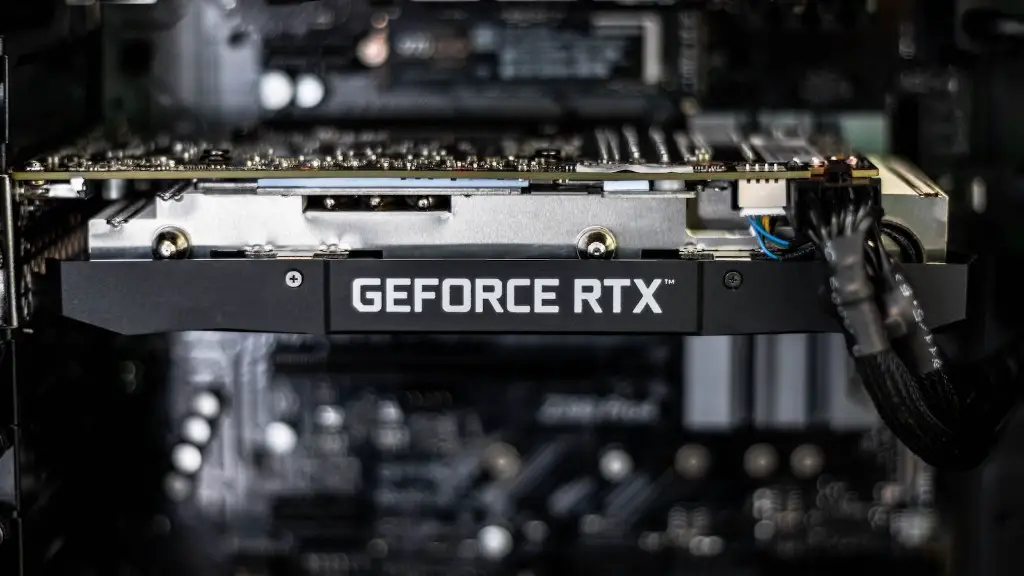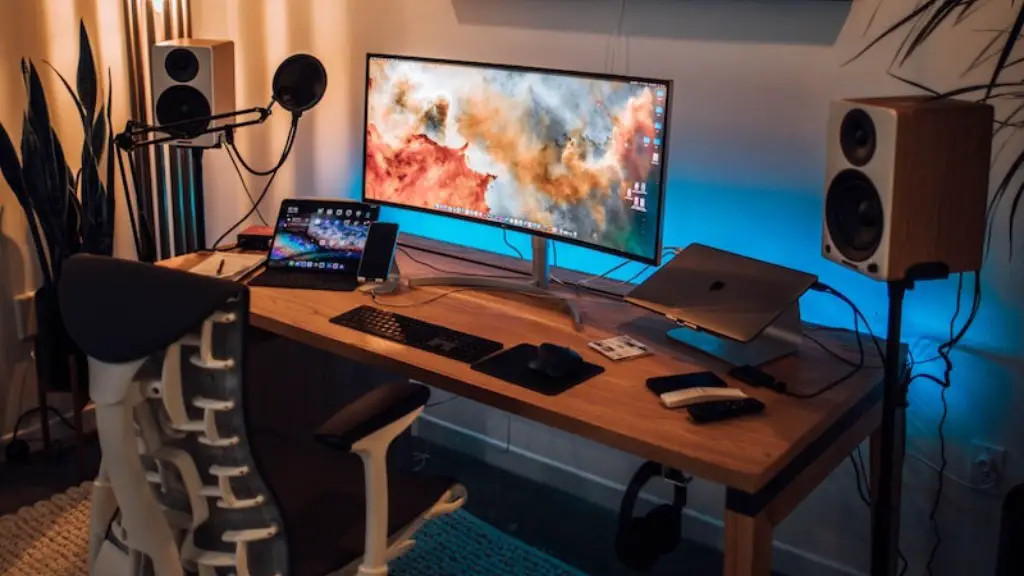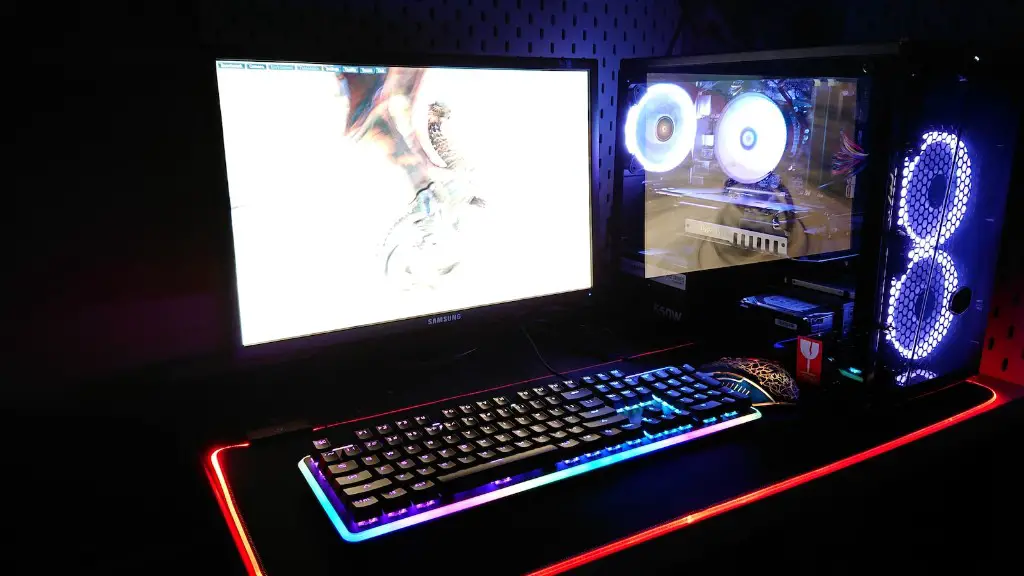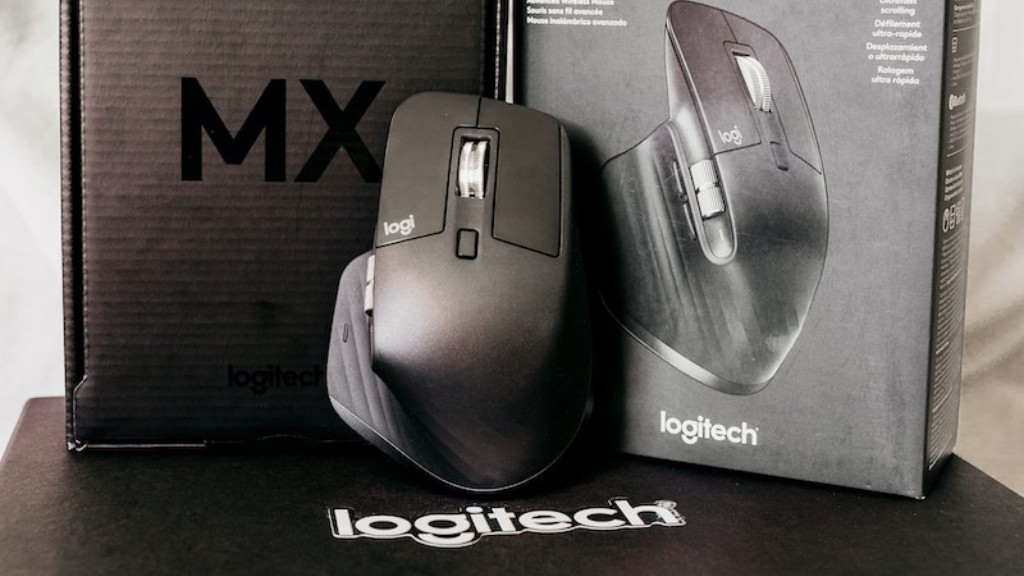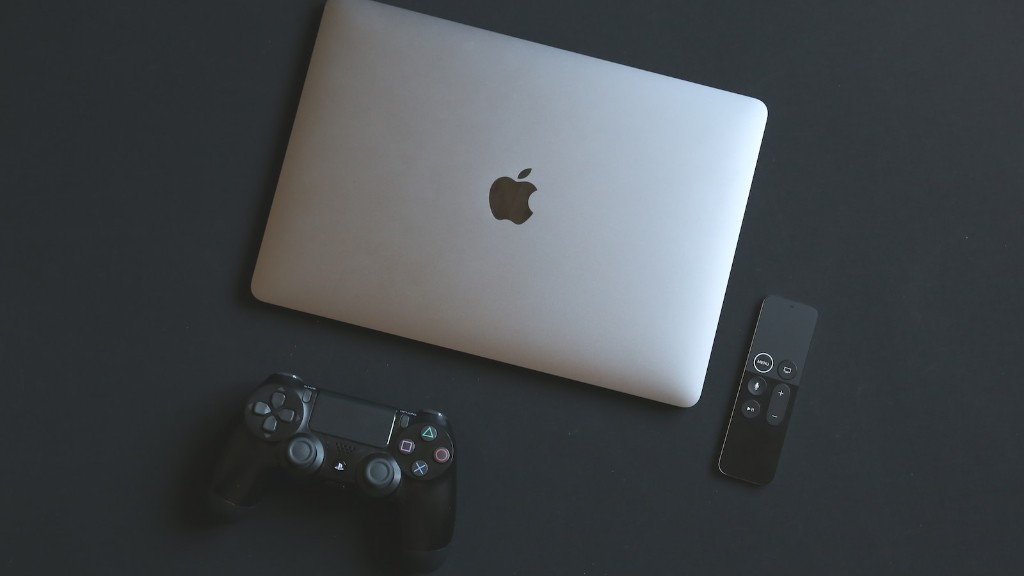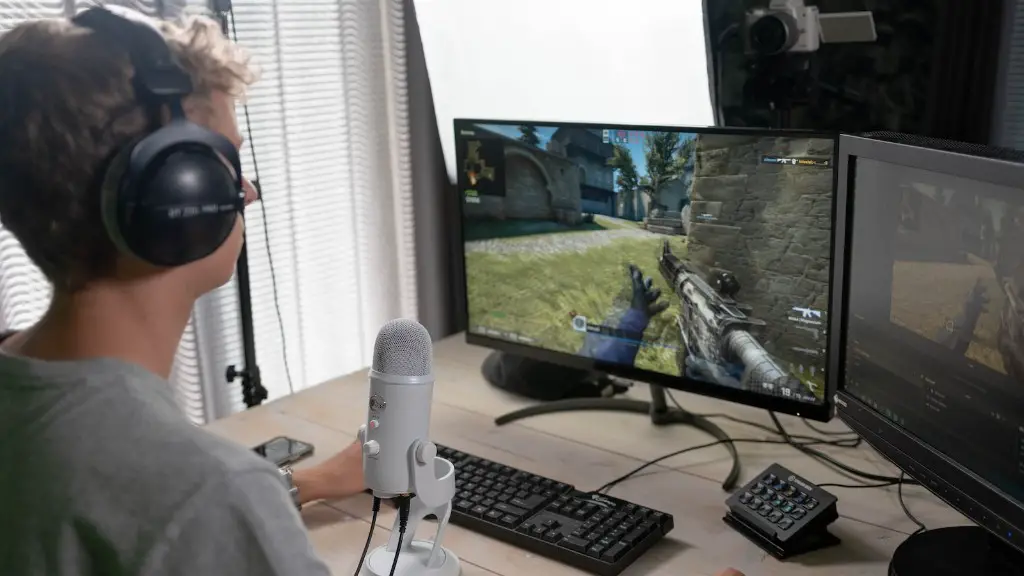You just upgraded your graphics card, processor, and memory, so why is your gaming PC still slow? The answer could be any number of things. Here are some of the most likely culprits.
There are several potential reasons why your gaming PC might be slow:
1. Lack of sufficient RAM – If your system doesn’t have enough RAM, it will have to use virtual memory, which can severely slow down performance.
2. Fragmented hard drive – If your hard drive is fragmented, the system will have to search through more data to find the files it needs, which can also slow things down.
3. Outdated drivers – If your system’s drivers are out of date, they may not be able to take full advantage of your hardware, which can lead to a decrease in performance.
4. Viruses or other malware – Viruses and malware can cause all sorts of problems, including decreased performance.
If you’re not sure what might be causing the slowdown, you can try running a virus scan and a disk defragmentation. If that doesn’t help, you may need to upgrade your system’s RAM or install updates for your drivers.
How do I fix my slow gaming computer?
There are many reasons why a computer may run slow, but there are some common culprits. Programs that hog resources, browser and internet connection issues, and fragmentation can all make a computer run slow.
To fix a slow computer, start by identifying programs that are hogging resources. Close any programs that you’re not using, and consider uninstalling any that you don’t need. Next, check your browser and internet connections. Make sure that you’re using the latest version of your browser, and that you don’t have any unnecessary plugins or extensions running. If your connection is slow, try connecting to a different server or clearing your browser’s cache.
If those steps don’t improve your speed, you may need to defragment your hard disk drive. This process can take a while, so be patient. Finally, if your computer is still slow, consider upgrading your storage to an SSD and adding more memory (RAM). With these upgrades, you should see a significant improvement in speed.
There are a few reasons why your computer might be running slow all of a sudden. It could be because there are too many programs running simultaneously, taking up processing power, and reducing the PC’s performance. Another possibility is that your computer is infected with a virus or malware, which can cause all sorts of problems. Finally, it could be a hardware issue, such as a high memory usage, that is causing your computer to slow down.
How can I make my PC gameplay faster
1. Turn on gaming mode: Windows is already conveniently built for gaming
2. Disable notifications: You don’t want to be interrupted while you’re gaming
3. Turn on Hardware-accelerated GPU scheduling: This will help your games run more smoothly
4. Adjust for best performance: This will help to ensure that your games run at their best
5. Turn off enhanced pointer precision: You don’t need this for gaming
6. Update your drivers: Make sure you have the latest drivers for your graphics card and other gaming-related hardware
7. Turn on Nvidia G-Sync: This will help to reduce screen tearing and stuttering
8. Set your monitor refresh rate: A higher refresh rate will result in a smoother gaming experience
If your PC is running slowly, it may be because you have too many apps, programs, or browser tabs open at once. Try closing any that you don’t need and see if that helps speed up your PC.
How do you find out what is slowing down my PC?
The Startup tab is a great way to see which programs and services are set to launch when you start Windows. This can be helpful in troubleshooting startup issues, or simply in managing the programs that launch at startup. The tab includes each program’s name, publisher, and startup impact.
Lagging in online games can be frustrating, but it’s often the result of high latency in your internet connection. This means it takes more time for data to transfer from your network to the server, and from the server back to your network. If you’re experiencing lag, try turning off any applications that are running in the background, including web browsers, chat clients, and email programs. You may also want to try connecting to a different server, or playing on a different day or time.
Do Gaming PCS get slower over time?
Computers slow down over time due to a number of factors, including memory and hardware failure, as well as increasing performance requirements from the latest operating systems, software, and games. The average lifespan of a modern computer is four years, after which most become slow due to normal wear and tear.
If you’re experiencing underperformance with your graphic card, it may be due to software problems resulting from driver crashes, viruses, or malware attacks. It may also be an incompatibility problem where an essential program is not compatible with the card. In either case, you’ll need to troubleshoot the issue in order to resolve it.
How can I test my CPU performance
Novabench is a free benchmarking tool that tests the performance of your CPU as well as several other hardware components. Once the test has run, the results are compared online with other similar systems. The free version includes GPU, memory, and disk read/write performance analysis.
It’s important to make sure that your internet connection is fast enough to support gaming, as slow speeds can cause lag. One way to check your speed is to run a test at http://www.speedtest.net/. Also, take a look at your bandwidth to see if it’s being used by others for things like streaming or downloading – this can affect your game performance as well.
How long is a gaming PC supposed to last?
It is not uncommon for avid gamers to upgrade or replace parts on their gaming desktop computers as new technology is released. For the average gamer however, a desktop computer can last anywhere from 5-7 years before it becomes outdated. Some gamers are able to get more than 10-12 years out of their desktop by carefully selecting parts that are likely to have a longer lifespan.
The average lifespan of a high-end gaming PC is 7 to 10 years. After this period, you need to upgrade some components to play the latest games. The most common upgrades are the graphics card, processor, and memory. You may also need to upgrade the power supply and cooling system to support the new hardware.
How fast should a gaming PC be
If you’re looking for a good CPU for gaming, you should aim for a clock speed of 35 GHz to 40 GHz. However, it’s more important to have good single-thread performance. This means that your CPU does a good job of understanding and completing single tasks.
You should never allow your GPU to reach a temperature above 90 degrees celsius. If it does, there is a risk of permanent damage to your processor. There are a few things you can do to help keep the heat under control:
– Make sure your case has good airflow. This will help to keep the temperature of your components lower.
– Use a fan controller to regulate the speed of your fans. This will allow you to control how much airflow you have based on the temperature of your components.
– Keep your components clean. Dust can build up over time and limit the amount of airflow that can reach your components.
– Make sure you have a good thermal paste. This will help to transfer heat from your components to your heatsink more effectively.
How do I know if my graphics card is underpowered?
A graphics downgrade occurs when a graphics card is unable to render graphics at the quality they are supposed to be displayed at. This usually happens when the card is underpowered or when a game or application is pushing the card to its limits. When this happens, the graphics will be displayed at a lower quality in order to improve performance.
Those who use their PCs for complex tasks like 3D rendering, game development, and video editing also benefit from faster GPUs. High-end applications like AutoCAD and Adobe Premiere Pro can make use of GPUs to speed up processing, and make for faster and more efficient workflows.
Final Words
There are many potential reasons why your gaming PC might be slow. It could be due to a lack of RAM, a slow CPU, an outdated graphics card, or a variety of other potential issues. If you’re not sure what the cause is, you can try running a diagnostic tool to help identify the problem. Once you know what the issue is, you can take steps to fix it and help improve your PC’s speed.
There are many potential reasons why your gaming PC might be slow. It could be due to a lack of RAM, a slow CPU, or an outdated graphics card. Alternatively, it could be a problem with your hard drive, or with the way your games are configured. Whatever the reason, there are a few potential solutions you can try. First, try to free up some space on your hard drive. If that doesn’t help, try updating your drivers, or reinstalling your games. If all else fails, you may need to upgrade your hardware.
